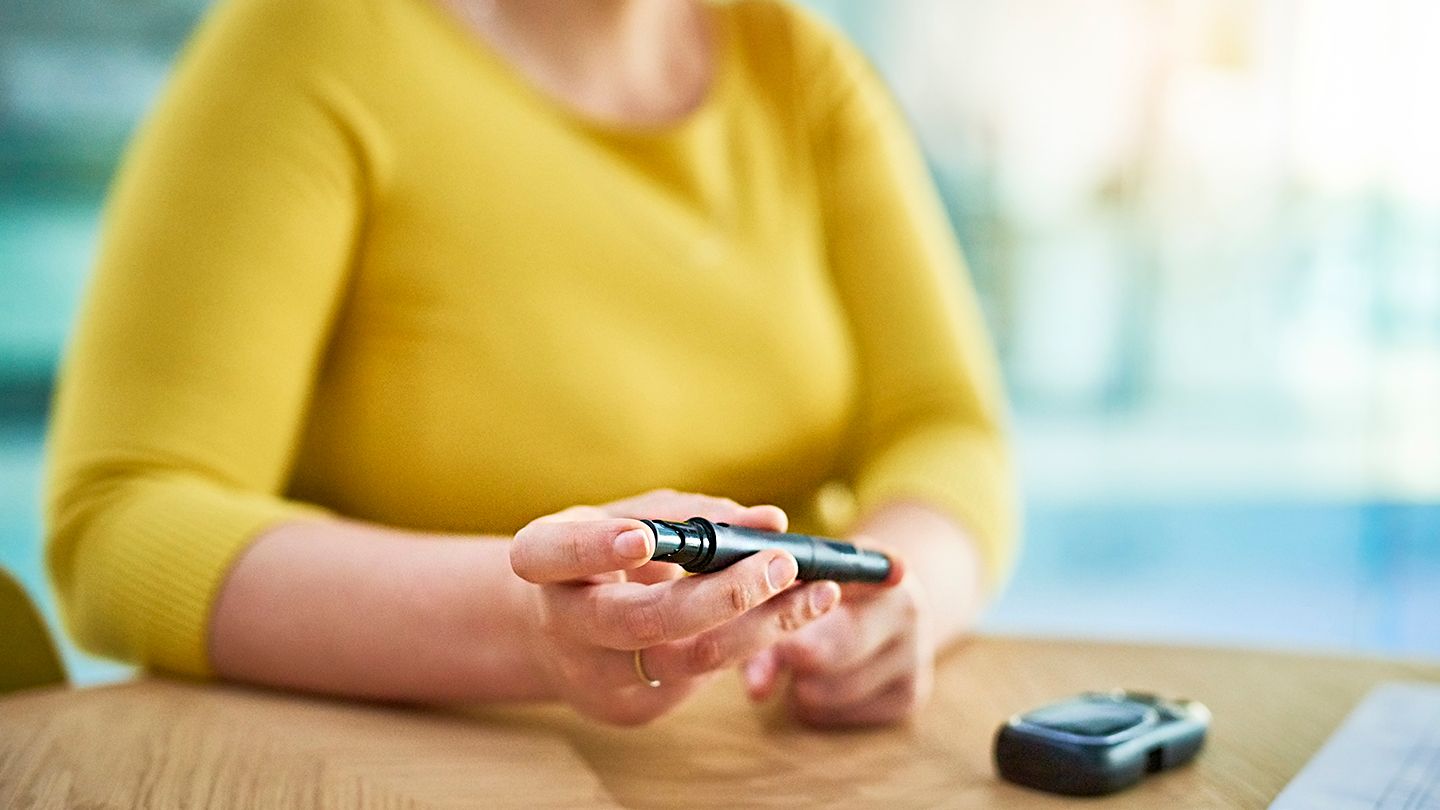Diabetes type 2, also known as adult-onset diabetes, is a chronic condition characterized by high levels of sugar (glucose) in the blood. It occurs when the body either does not produce enough insulin or does not effectively use the insulin it produces to regulate blood sugar levels. Insulin is a hormone produced by the pancreas that helps regulate the amount of glucose in the blood. When blood sugar levels are not properly controlled, it can lead to a range of serious health complications, including heart disease, nerve damage, blindness, and kidney disease.
Symptoms of diabetes type 2 may include:
Frequent urination
Excessive thirst
Hunger
Fatigue
Blurred vision
Slow healing of cuts or wounds
Numbness or tingling in the hands or feet
If you experience any of these symptoms, it is important to speak with your healthcare provider as soon as possible. They can perform a blood test to check your blood sugar levels and determine if you have diabetes type 2.
Treatment for diabetes type 2 typically involves a combination of lifestyle changes and medications. The goal of treatment is to keep blood sugar levels within a healthy range, as well as to prevent or delay the development of complications.
Lifestyle changes that may be recommended as part of diabetes type 2 treatment include:
Diet and nutrition: A healthy, balanced diet that is low in saturated fat, cholesterol, and added sugars can help manage blood sugar levels. This may include increasing the intake of fruits, vegetables, and whole grains and limiting the intake of sugary drinks and processed foods.
Physical activity: Regular physical activity can help improve insulin sensitivity, lower blood sugar levels, and reduce the risk of complications. It is recommended that adults get at least 150 minutes of moderate-intensity aerobic activity per week.
Smoking and alcohol: Smoking and excessive alcohol consumption can increase the risk of complications in people with diabetes type 2. Quitting smoking and limiting alcohol intake can help reduce this risk.
Stress management: Chronic stress can lead to an increase in blood sugar levels. Engaging in activities that help manage stress, such as meditation, yoga, or exercise, can be beneficial.
In addition to lifestyle changes, medications may be prescribed to help control blood sugar levels in people with diabetes type 2. These may include:
Oral medications: These medications, also known as oral hypoglycemic agents, help the body use insulin more effectively or increase the amount of insulin produced. They include drugs such as metformin, sulfonylureas, and thiazolidinediones.
Insulin injections: If oral medications are not effective at controlling blood sugar levels, insulin injections may be necessary. Insulin can be injected using a syringe, insulin pen, or insulin pump.
Incretin mimetics: These medications, also known as GLP-1 agonists, help stimulate the production of insulin and slow down the absorption of glucose in the intestine. They include drugs such as exenatide and liraglutide.
SGLT2 inhibitors: These medications, also known as sodium-glucose cotransporter-2 inhibitors, help the body remove excess glucose through the urine. They include drugs such as canagliflozin and dapagliflozin.
It is important to work closely with your healthcare provider to develop a treatment plan that is tailored to your individual needs and goals. Regular monitoring of blood sugar levels and regular visits to your healthcare provider can help ensure that your treatment is effective in managing your diabetes type 2.

 Home
Home Health
Health Diet & Nutrition
Diet & Nutrition Living Well
Living Well More
More












